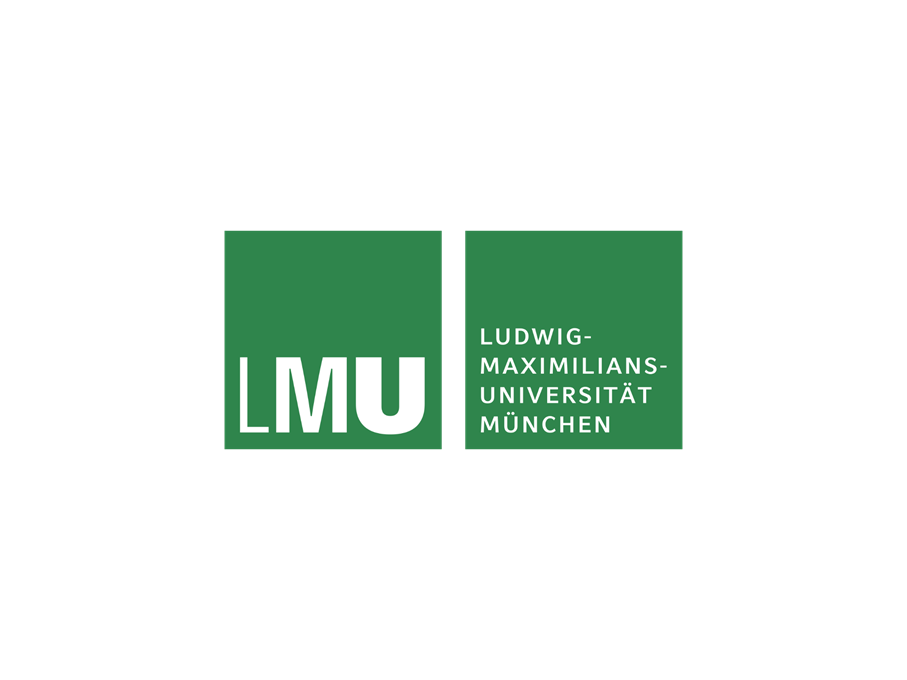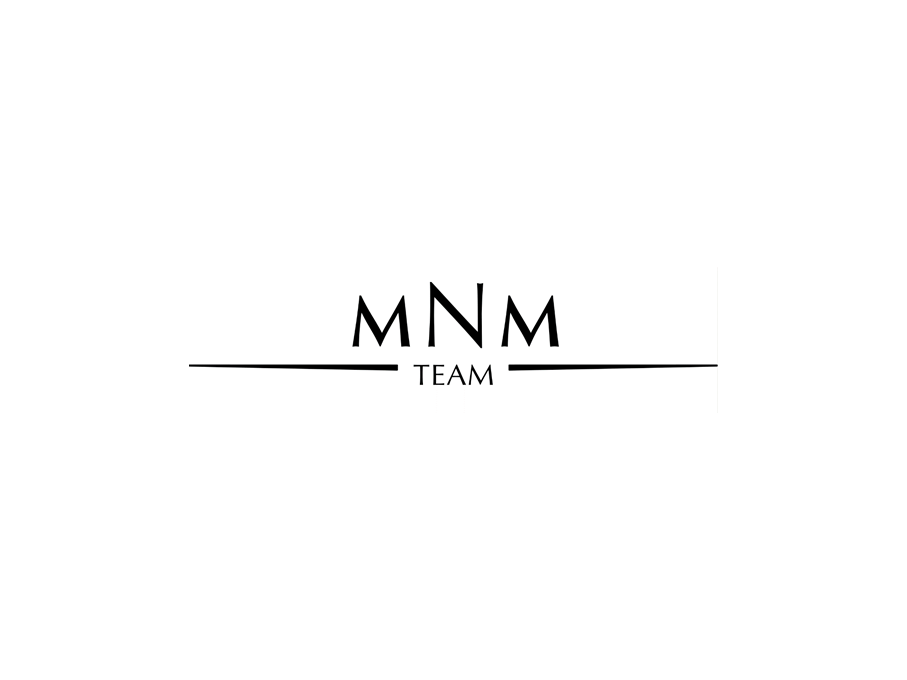Ludwig-Maximilians-University of Munich (LMU) – Institute for Computer Science
Munich Network Management Research Group


Role in the consortium
Our team is responsible for developing a programming environment and a compiler for neutral atoms quantum computer built by the LMU-PH project of MUNIQC-Atoms.
What are the goals?
- Develop a compiler which optimizes and synthesizes arbitrary quantum circuits with respect to the hardware specifications of the neutral atoms quantum computer.
- Speed up circuit compilation through parallelism.
- Integrate the compiler into a programming environment allowing a high level access to quantum circuit generation.
How do we plan to achieve that?
We plan to use a ZX-calculus based approach for quantum circuit optimization and routing. Compared to other optimization strategies, ZX-calculus allows for relatively abstract reasoning and optimization based on a small set of rules, which is promising for finding near optimal solutions efficiently. While existing research has so far focused on reducing T-gates in error-corrected quantum circuits, we will explore the potential of ZX-calculus based optimization with other metrics inferred from hardware specifications of the neutral atoms quantum computer such as total gate count, 2-qubit gate count etc.
Further, we will investigate how different aspects in circuit optimization can be accelerated by parallelization to be able to outsource tasks to HPC clusters, if necessary. We plan to implement our algorithms as the core of a C++ based programming environment, which aims to simplify quantum circuit generation, e.g. by integration of quantum programming languages, and thus serves as an interface between software development and quantum hardware.
Open positions
If you are excited about what we are doing and would like to join our team - we still have open positions!
We are looking for computer science master students and PhD students with a strong background in quantum computing and/or high performance computing.
Please do not hesitate to contact us directly. Here you can also find the current job opportunities from our chair.
Team
Our team consists of scientists specialized in high performance computing and quantum computing.
Recent research projects include optimization of quantum circuits using ZX-calculus [1], embedding quantum algorithms in HPC environments, and developing compilers for specific hardware architectures, such as photonic quantum computing. We also have extensive experience in developing parallel programming approaches [2] for high performance computing and the development of tools [3] that support scientists in performance analysis and error detection that we plan to leverage for our work on quantum computing.
[1] K.Staudacher et al., Reducing 2-qubit gate count for ZX-calculus based quantum circuit optimization. To appear in: Proceedings 19th International Conference on Quantum Physics and Logic (2022)
[2] K. Fürlinger, J. Gracia, A. Knüpfer, T. Fuchs, D. Hünich, P. Jungblut, R. Kowalewski, and J. Schuchart. DASH: Distributed Data Structures and Parallel Algorithms in a Global Address Space. In Software for Exascale Computing-SPPEXA 2016-2019. Springer, 2020
[3] K. Fürlinger, N. J. Wright, and D. Skinner. "Effective Performance Measurement at Petascale Using IPM". In: Proceedings of The Sixteenth IEEE International Conference on Parallel and Distributed Systems (ICPADS 2010). Shanghai, China, Dec. 2010
Prof. Dr. Dieter Kranzlmüller
Principal investigator
Dieter Kranzlmüller is a Professor of Computer Science at the Chair for Communication Systems and System Programming at Ludwig-Maximilians-Universität Munich and the Chairman of the Board of Directors of Leibniz Supercomputing Centre (LRZ). His research interests are parallel computing and computer graphics, with a special focus on parallel programming and debugging, cluster and grid computing.
Dr. Karl Fürlinger
Principal investigator
Karl Fürlinger holds a PhD in Computer Science from TU Munich and has been a postdoctoral researcher at the Innovative Computing Laboratory in Knoxville, Tennessee and at the University of California at Berkeley. He is a lecturer and senior researcher at the Department of Computer Science of LMU Munich and has led several national and international research projects in the area of parallel programming approaches and tool support for HPC systems. His research interests also include quantum circuit optimization, and approaches for programming and simulating quantum systems.
Korbinian Staudacher
Doctoral Candidate
In his master thesis, Korbinian developed new approaches for graph-like ZX-diagram simplification which now serve as a basis for several studies related to quantum circuit optimization. He has also a strong interest in other topics of quantum computing including measurement-based quantum computing, quantum algorithms and simulation.
Contact persons
Scientific questions and open positions:
Dr. Karl Fürlinger Karl.Fuerlinger(at)nm.ifi.lmu.de
Korbinian Staudacher Korbinian.Staudacher(at)nm.ifi.lmu.de

Funding acknowledgement
Sponsored by the Federal Ministry of Education and Research, grant number 13N16077